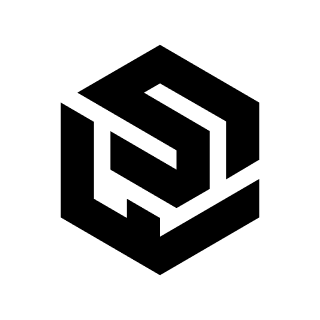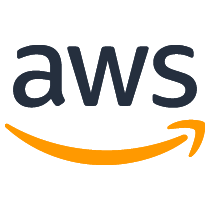Discover and explore top open-source AI tools and projects—updated daily.
prowler by  prowler-cloud
prowler-cloud
Cloud security and compliance automation platform
Top 3.9% on SourcePulse
Prowler is an open-source cloud security platform designed for continuous monitoring, security assessments, and compliance automation across AWS, Azure, GCP, Kubernetes, M365, and more. It provides hundreds of pre-built checks and supports numerous industry standards and regulatory frameworks, enabling organizations of all sizes to simplify, scale, and cost-effectively manage their cloud security posture.
How It Works
Prowler operates as a comprehensive security tool with a flexible architecture comprising a Command Line Interface (CLI), a web-based Prowler App (UI and API), and an SDK. It employs a vast library of checks to audit cloud resources against security best practices and compliance mandates. The platform's advantage lies in its extensive multi-cloud support and its ability to integrate with various security workflows, offering both automated assessments and detailed reporting.
Quick Start & Requirements
- CLI Installation: Install via pip:
pip install prowler(requires Python >3.9.1, <3.13). - Prowler App (Docker Compose): Download
docker-compose.ymland.envfiles, then rundocker compose up -d. Access the UI athttp://localhost:3000. Requires Docker Compose. Default containers arelinux/amd64; configure--platform linux/amd64orDOCKER_DEFAULT_PLATFORM=linux/amd64for other architectures. - Documentation: Comprehensive guides are available at
https://docs.prowler.com/.
Highlighted Details
- Extensive multi-cloud support: AWS (576 checks, 82 services), Azure (162 checks, 19 services), GCP (79 checks, 13 services), Kubernetes (83 checks, 7 services), GitHub, M365.
- Supports numerous compliance frameworks including CIS, NIST 800, NIST CSF, CISA, FedRAMP, PCI-DSS, GDPR, HIPAA, SOC2, and ENS.
- Offers a web UI (Prowler App) for visualization and a CLI for automation and scripting.
- Beta integrations include Infrastructure as Code (IaC), MongoDB Atlas, and Large Language Models (LLM).
Maintenance & Community
The project is actively maintained, with a table detailing supported services and frameworks. Community engagement is encouraged, though specific links to Discord, Slack, or other direct community channels are not detailed in the README.
Licensing & Compatibility
Prowler is licensed under the Apache License 2.0. This permissive license allows for commercial use and integration into closed-source projects without significant restrictions.
Limitations & Caveats
Integrations for IaC, MongoDB Atlas, and LLM are currently in Beta. Default Docker container images are built for linux/amd64, necessitating explicit configuration for alternative architectures. Unstable container tags (e.g., latest, v4-latest) should be avoided in production environments.
4 days ago
Inactive

 RunLLM
RunLLM anomalyco
anomalyco selefra
selefra GoogleCloudPlatform
GoogleCloudPlatform google
google stakpak
stakpak yashab-cyber
yashab-cyber awslabs
awslabs threatsimgpt-AI
threatsimgpt-AI techiescamp
techiescamp intuitem
intuitem wmariuss
wmariuss